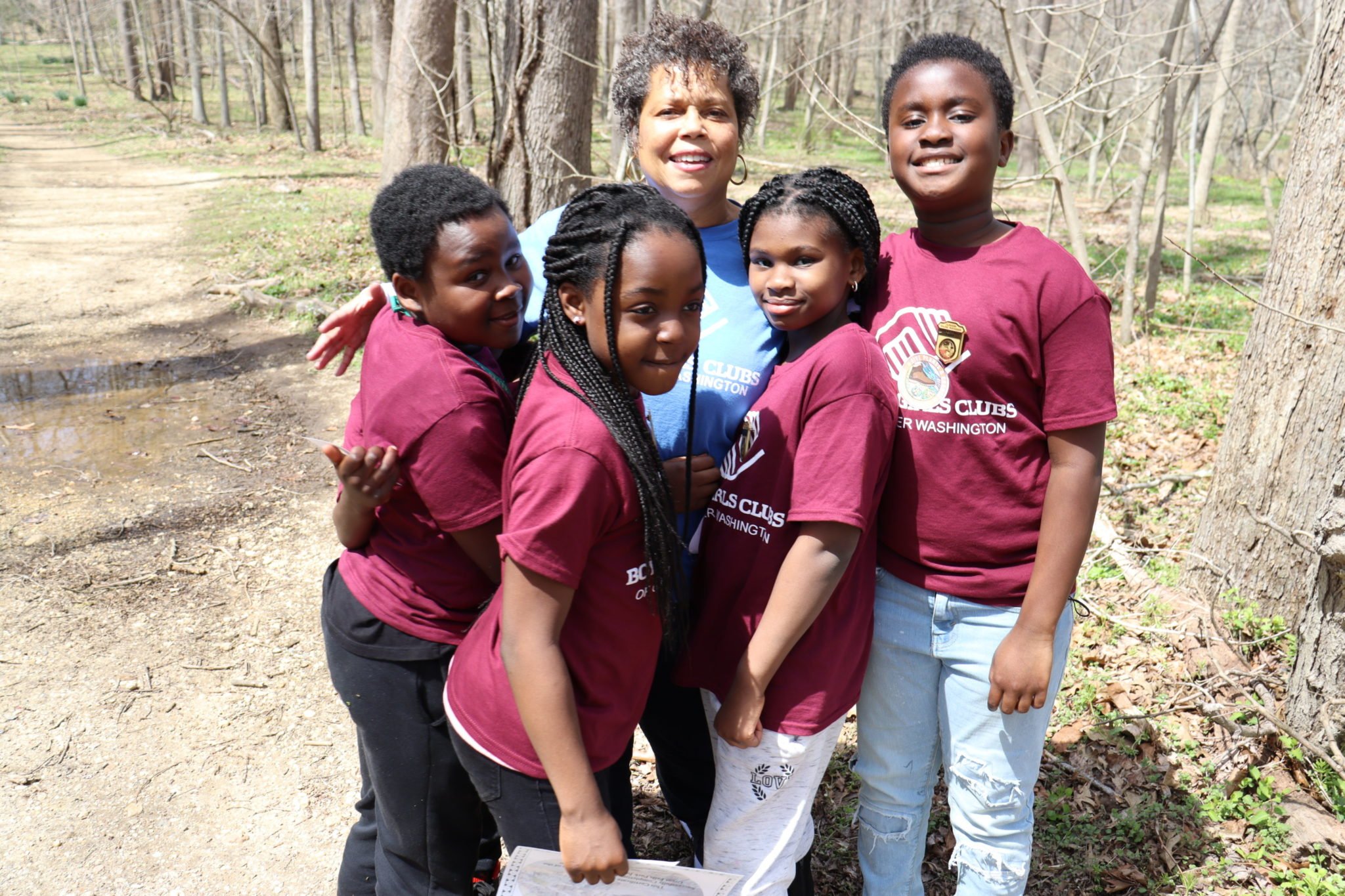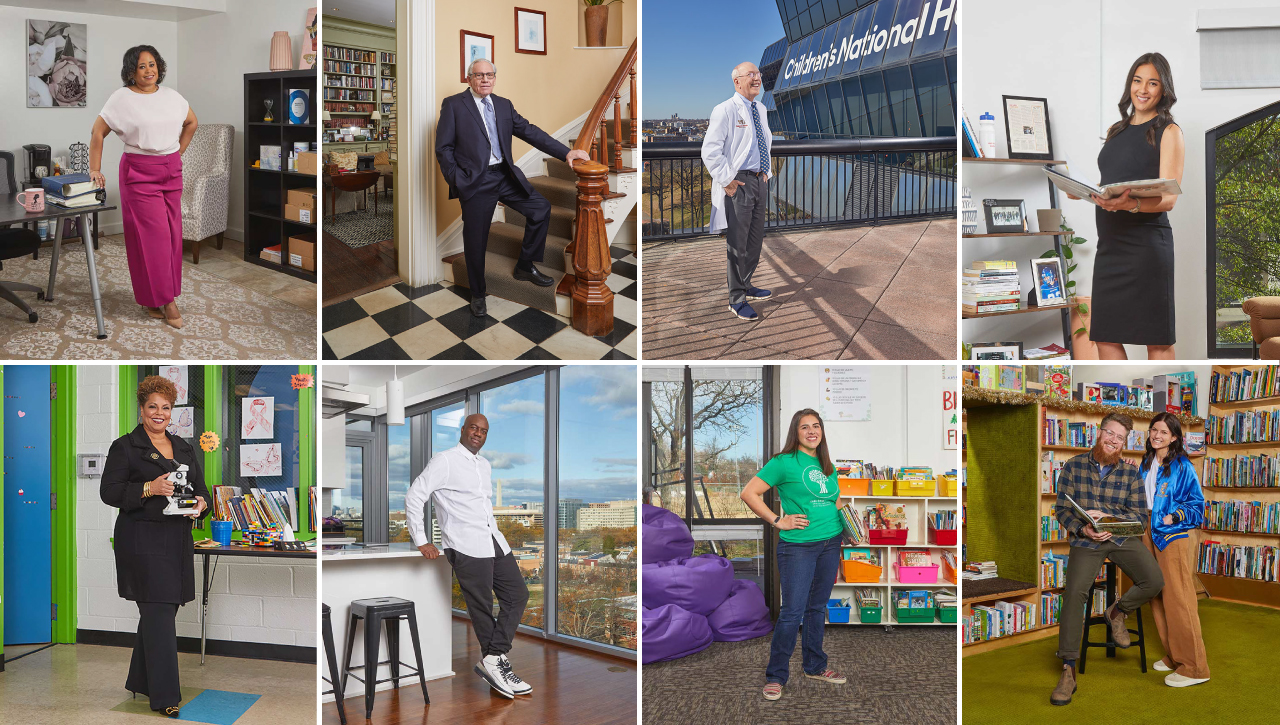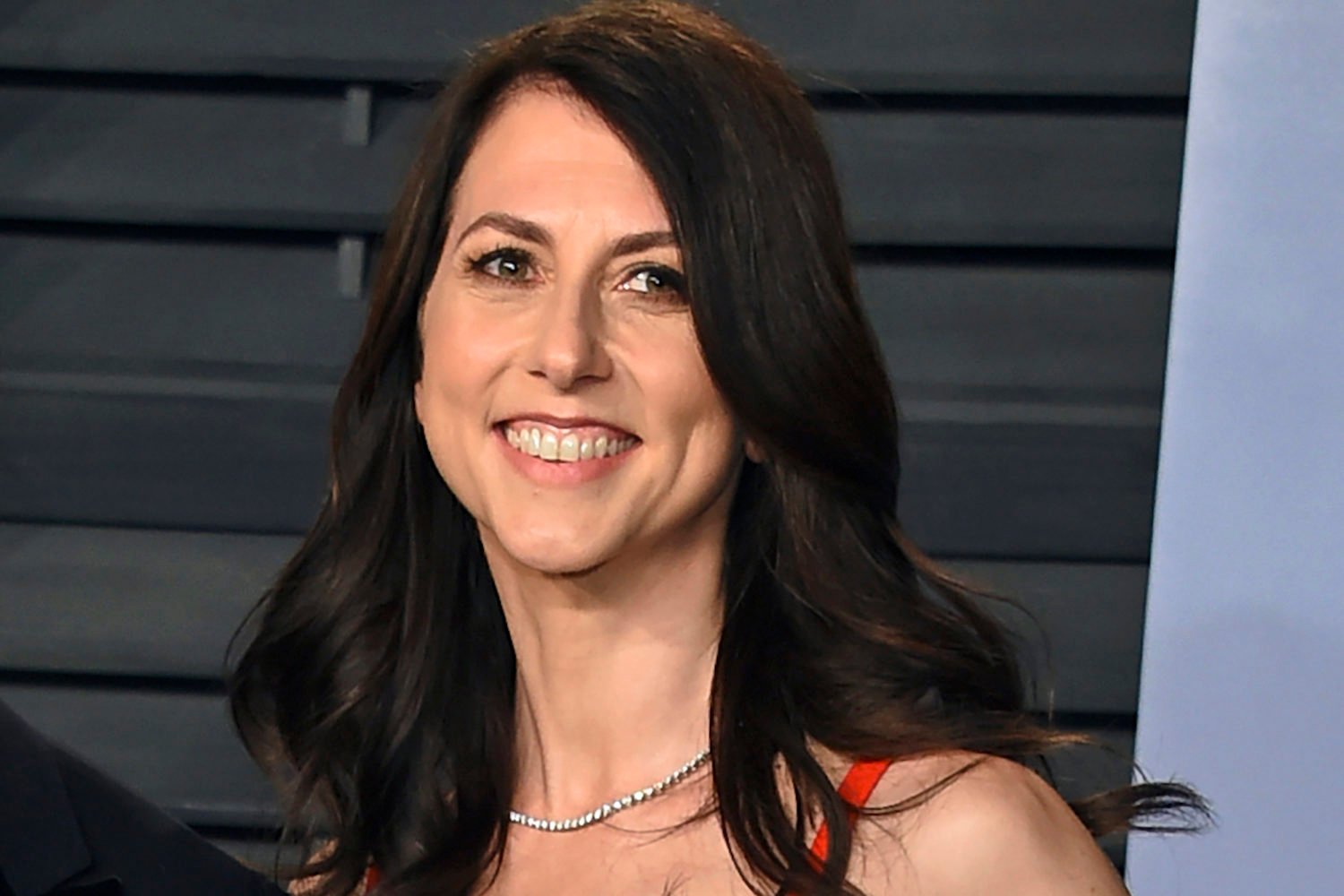Gabrielle Webster had no idea what she was getting into when she became the president and CEO of the Boys & Girls of Clubs of Greater Washington in 2017. Webster knew that the organization had struggled with financial and staffing issues for years, but she didn’t know how severe the problems were. The Boys & Girls Clubs of Greater Washington was just 60 days away from shutting its doors for good. The nonprofit organization had only $125,000 to its name and millions of dollars in debt that it hadn’t been able to pay off for years.
At the time it would have been hard to believe that the same organization would ever be in good enough shape to receive a $6.8 million donation from billionaire-philantrophist MacKenzie Scott, which is what happened last month. Past presidents of the nonprofit, which provides after-school and summer youth development programs for children and teenagers in the DMV, had tried to dig it out of debt, but things quickly changed under the leadership of Webster.
In her first year as president, Webster raised more than $5 million and paid off the organization’s debt. She has also opened three new clubs in the region and increased the number of kids the clubs serve by more than 61 percent over the past five years. Webster declined to identify any donors but says in an interview that “I think people want to help, but they want to have confidence that their money will be well spent.” She adds: “I felt that it was my reputation and my leadership that made the difference.”
That reputation includes previous leadership roles for the American Heart Association, Leukemia & Lymphoma Society, and United Way of the National Capital Area, where Webster raised more than $220 million for the organizations. Webster, who became a chemical engineer after finishing her master’s degree in chemistry, worked in sales for imaging technology company Eastman Kodak for more than a decade before she went into nonprofit work. Working at Kodak, she says, taught her how to meet target sales goals and how to get money out of her clients. Webster feels fortunate that the American Heart Association took a chance on her when the organization hired her as its executive director.
Webster’s path was quite different from those her mother and grandmother took. They were both educators who taught reading and English in Baltimore, but Webster had always been inspired by their work. “I remember, as a little girl, seeing people come up to them and talk about how much they affected their lives,” Webster said. “I knew I was never going to be a teacher [like them], but I wanted to do something more meaningful than make money for stockholders.”
Webster was surprised by Scott’s donation. “You don’t pick her, she picks you,” she said. “But I think that our social media presence and sharing what our kids do on a regular basis helped her team see that we would make the best use of this wonderful gift.”
She plans to use Scott’s donation toward the club’s upcoming Center of Transformation, which will be located at the organization’s Benning Road headquarters. It will teach students about STEM fields and give them professional development opportunities to help them as they enter the workforce. The Boys and Girls Clubs of Greater Washington will invite business leaders, politicians, and subject matter experts to have conversations about math and science with the students. “It is truly a program that will help our kids focus on something that is relevant and meaningful, and allow them to help solve problems that they’ve inherited from us,” Webster says.
Depending on the success of the initiative, Webster hopes to bring students from across the country to participate in the Center of Transformation’s programs. But her ambitious plans for the Boys & Girls Clubs of Greater Washington don’t stop there: Webster is also planning to open 30 locations around the region, particularly in Prince George’s County. “My role and my vision is to try to find a way to diminish the generational wealth gap for these young people,” Webster says. A recent McKinsey & Company report estimates that there is a $330 billion disparity between Black and white families in the annual flow of new wealth. Nearly 60 percent of that wealth comes from intergenerational transfers, meaning that Black households start with less family wealth than white households and their ability to save money is limited. “If we can find ways to move our young people to the next level to college graduation, great jobs, and home ownership, then I think we will start seeing those changes come to fruition,” Webster says.

















